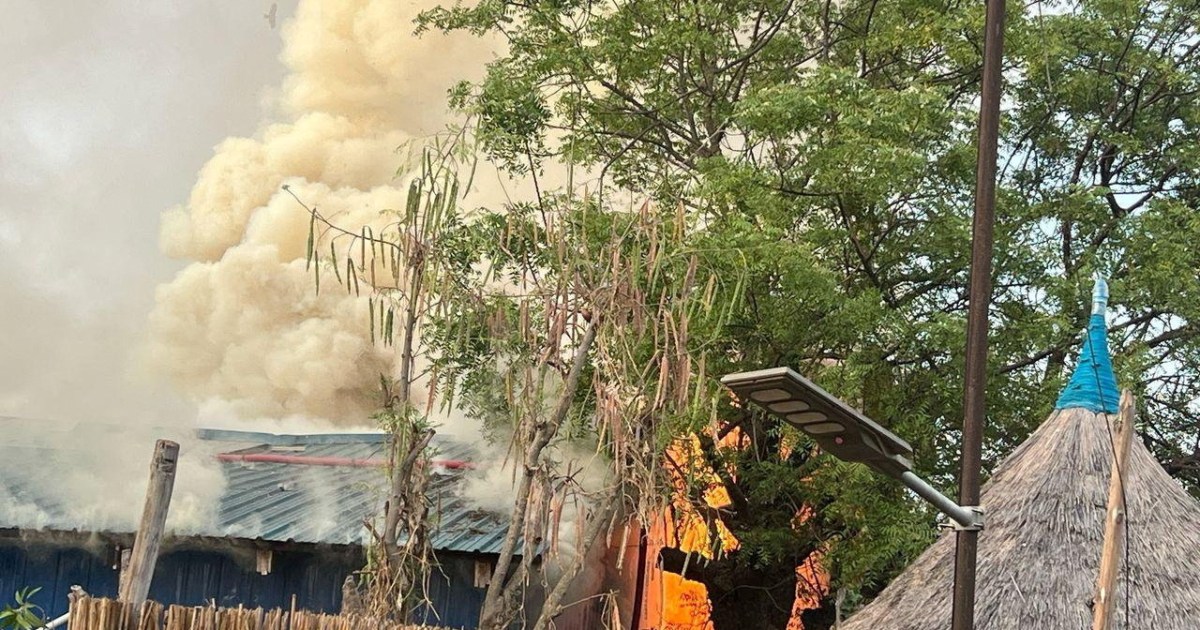The United Nations Security Council imposed the first set of sanctions against South Sudan in 2015, including travel bans and asset freezes, as a civil war raged there. The UNSC gathered the votes to enact a full arms embargo three years later after a ceasefire agreement was repeatedly broken. The embargo was kept in place and was renewed annually until eventually fraternal harmony emerged.
On May 29, the UNSC’s members from Africa, Sierra Leone, Somalia, and Algeria, are scheduled to hold a review of the embargo. The African Union Peace and Security Council (AUPSC) publicly called for the end of this measure on March 18.
However, it would be mistaken to lift South Sudan’s embargo right now. At least 180 people were killed between March and April in the country because of growing rifts between First Vice President Riek Machar and President Salva Kiir, who has been placed under house arrest.
The dire situation would only get worse if more weapons were allowed to enter. The neighboring nations and the African Union as a whole would not benefit from this.
The continent set itself an ambitious “Silencing the Guns” by 2020 as part of the AU’s development plan, Agenda 2063, which was later extended to 2030. The AU hopes that this will “end all wars and violent conflicts and promote dialogue-based mechanisms for conflict prevention and resolution.”
However, the AUPSC’s request to lift South Sudan’s embargo does not align with these objectives. This position is justified by the fact that the government’s and opposition’s efforts to unite under one umbrella umbrella government can be aided by free access to more weapons.
Despite the renewed tensions between Kiir and Machar, this logic ignores the growing fractures in South Sudan. Under international law, placing more weapons in the hands of conflicting parties that engage in grave human rights violations and crimes would only worsen the situation.
Civilians are the targets of South Sudan’s security and defense forces’ attacks on them. For more than ten years, the South Sudanese army, National Security Service, and armed opposition forces have been linked to war crimes and human rights violations, including those committed by the UN Commission on Human Rights in South Sudan and the AU Commission of Inquiry.
In fact, South Sudan’s government reportedly used improvised incendiary weapons in aerial attacks, killing at least 58 people and injuring others, including children, when the AUPSC called for the lifting of the arms embargo.
The arms embargo’s existence, in my opinion, is not sufficient; it needs to be enforced. After sending troops and military equipment to South Sudan in early March without giving a notification or receiving a special exemption from the UNSC Sanctions Committee, that is already faltering. This clearly violates the embargo.
Despite the government’s fleet being reportedly inactive and grounded since the arms embargo was imposed in 2018, South Sudan’s Mi-24 helicopters also appear to be moving. This suggests that the embargo was violated by sourcing spare parts.
Two helicopter gunships shot at Old Fangak, killing seven people, and injuring 20 others, according to a report from Doctors Without Borders on May 4. International humanitarian law prohibits deliberate attacks on medical facilities that carry out their humanitarian duties and would result in war crimes. This is yet another indication that the UNSC needs to re-enforce and strengthen the arms embargo.
A new UNSC arms embargo wouldn’t obstruct the reform of the security sector if properly implemented and enforced. Instead, it would stop South Sudan’s disorderly and destabilizing arm accumulation, which is causing the current conflict and making violations against civilians worse.
The strict controls on arms transfers to South Sudan should be supported by the AU, and the African nations in the UNSC should vote to renew the arms embargo.
Source: Aljazeera

Leave a Reply